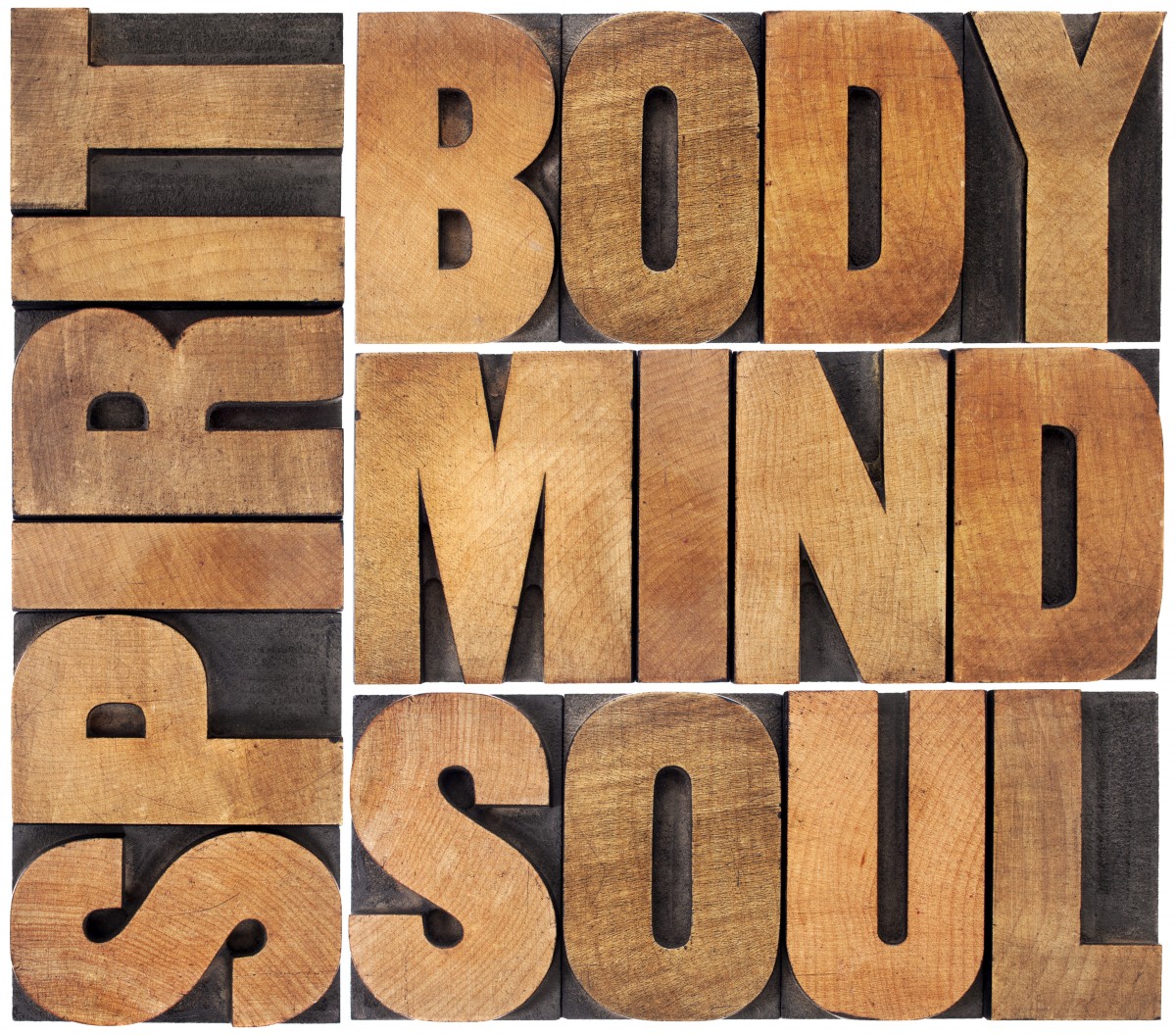
Christian Walk
Mindfullness
“AND YOU SHALL LOVE THE LORD YOUR GOD WITH ALL YOUR HEART, AND WITH ALL YOUR SOUL, AND WITH ALL YOUR MIND, AND WITH ALL YOUR STRENGTH.’” (Mark 12:30, NASB95)
Culture’s View of Mindfulness
It is amazing how far our culture goes to deny the existence of God yet how far it will go to replace Him. It is tacit approval of the principles of God that entire industries form for the purpose of replacing Him.
Consider the cottage industry formed around the concept of “mindfulness” being promoted by such institutions as UCLA and Brown University. This is secularization of eastern practices cleansed of the tinge of religion. The “scientists” of the day scale to great heights only to find that God’s people have already been there. According to Dr. Daniel Siegel, M.D. of the UCLA’s Psychiatry & Biobehavioral Studies Center for Human Development:
“In recent years, the ancient practice of being aware of one’s sensory experience in the present moment—of ‘being mindful’—has taken a prominent place in discussions among clinicians, educators and the general public . … the practice of living in the present has been offered as a way to cultivate well-being in our minds, our bodies, and even in our relationships with each other”
The concluding paragraph of a paper published in the Oxford Journal of Social Cognitive & Affective Neuroscience by Dr. Siegal states:
“Mindful awareness may also be seen as a way to alter our relationship with the self, with our own mind, so that we can create new states of information flow in the course of daily life. Discerning different components of the mind, and developing the capacity to actively engage some activities and disengage others, is an essential aspect of mindfulness that this study powerfully reveals.”
Here we have a case where “objective scientists” take spiritual practices, firmly endorse them, secularize them, and sell them to the populace. Is this academic pursuit or creation of infomercial commerce? Is it not worthy of at least a comment that the historic writings in the most popular book in history provide specifically applicable discussions on precisely these subjects? Let’s consider the two sentences from Dr. Siegal’s summary paragraph provided above. Six key words/concepts are pulled out and contrasted with biblical terms and specific citations from both the Old and New Testaments.
- Relationship — “Then the Lord God said, “It is not good for the man to be alone; I will make him a helper suitable for him.”” (Genesis 2:18, NASB95)
- Mind — “He who has a crooked mind finds no good, And he who is perverted in his language falls into evil.” (Proverbs 17:20, NASB95)
- States of information flow — ““Take my instruction and not silver, And knowledge rather than choicest gold.” (Proverbs 8:10, NASB95)
- Daily life — “Brethren, join in following my example, and observe those who walk according to the pattern you have in us.” (Philippians 3:17, NASB95)
- Discerning — “Guarding the paths of justice, And He preserves the way of His godly ones. Then you will discern righteousness and justice And equity and every good course.” (Proverbs 2:8–9, NASB95)
- Components of the mind — There are numerous biblical references to the mind, will, conscience, spirit and other aspects of man associated with one’s mind.
There is little if any spiritual benefit from study of culture or man’s efforts at spirituality apart from God. The Christian should in fact guard against these. Understanding one’s culture may be useful in communicating God’s message to others and perhaps recognizing mankind’s depravity and shortcomings which can serve as contrast to spiritual truth. But things of God and the spiritual are best understood in light of God’s revelations of Himself and the unseen spiritual world — in and to His glory and the glory of His creation, His Son, His Word, His Church, and His Spirit.


Discussion